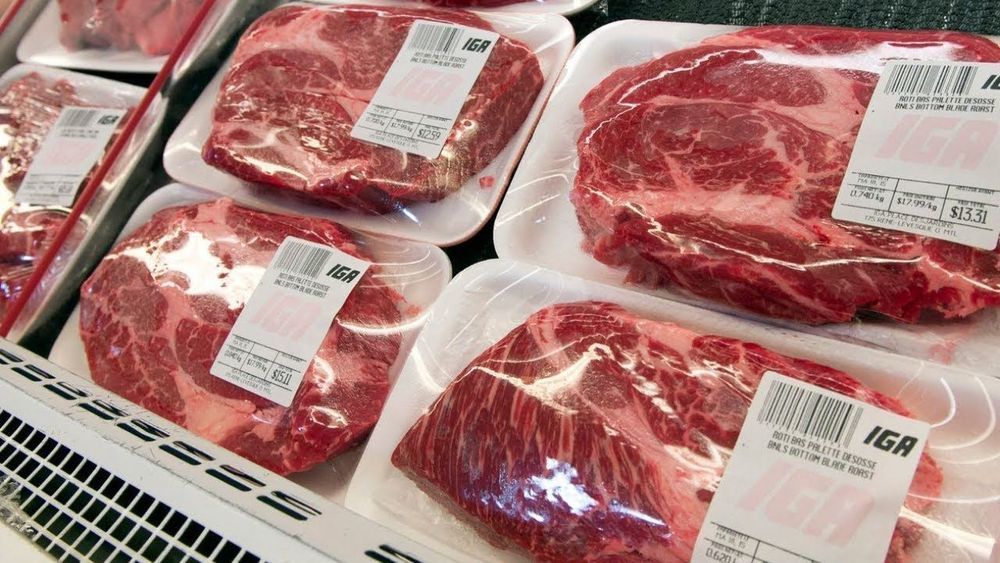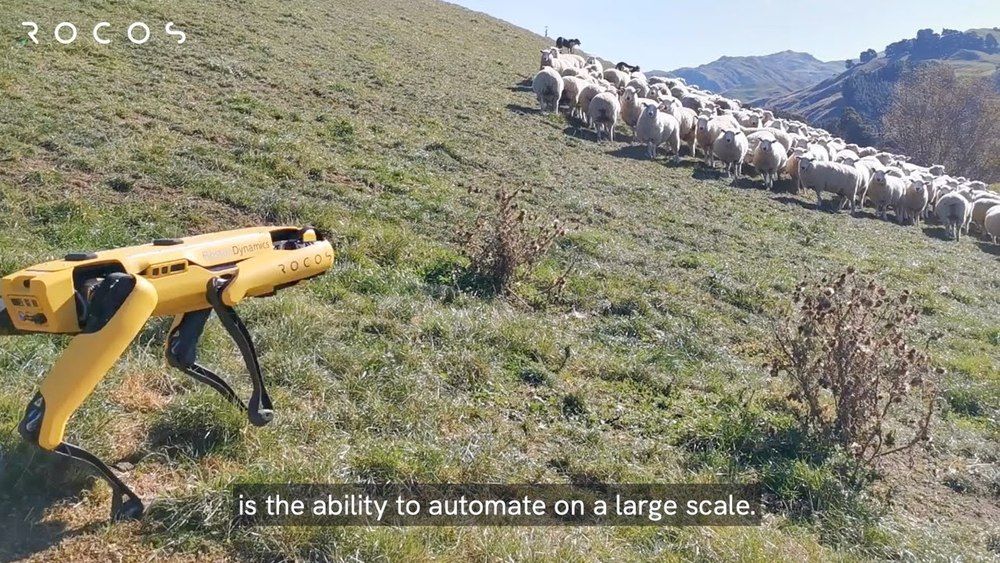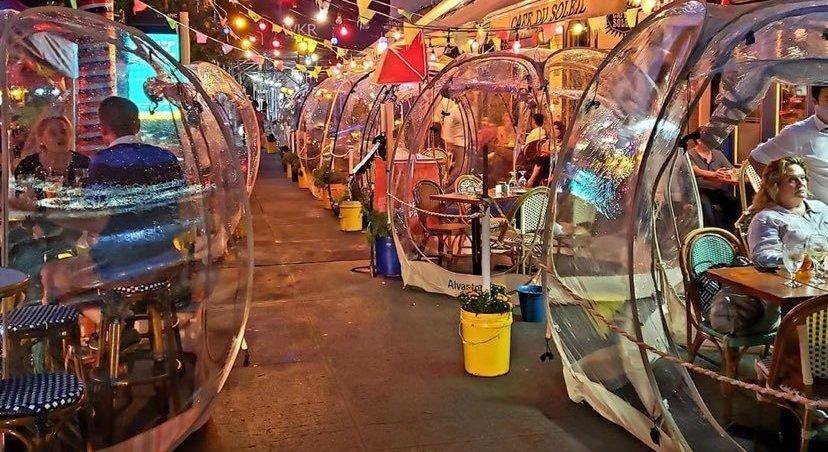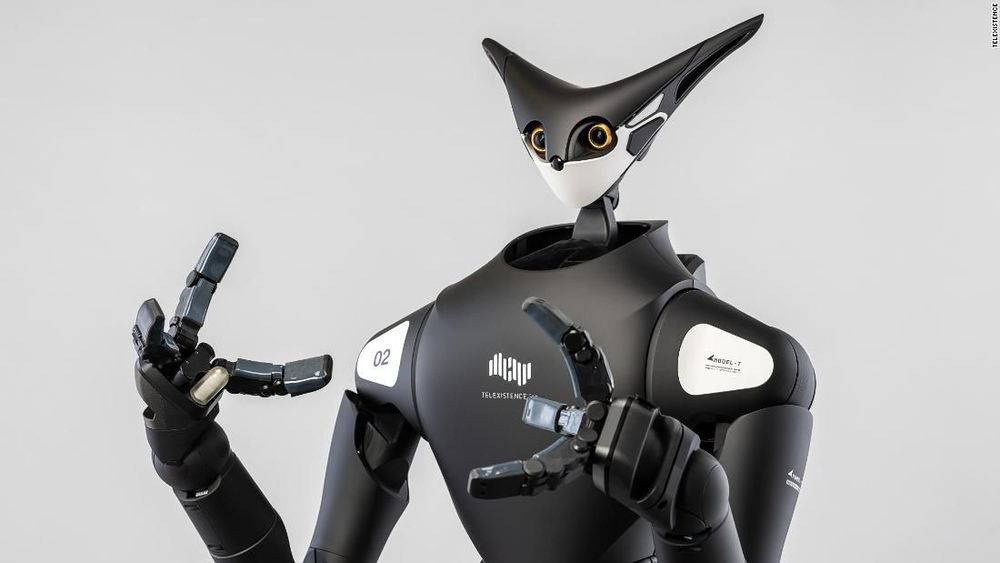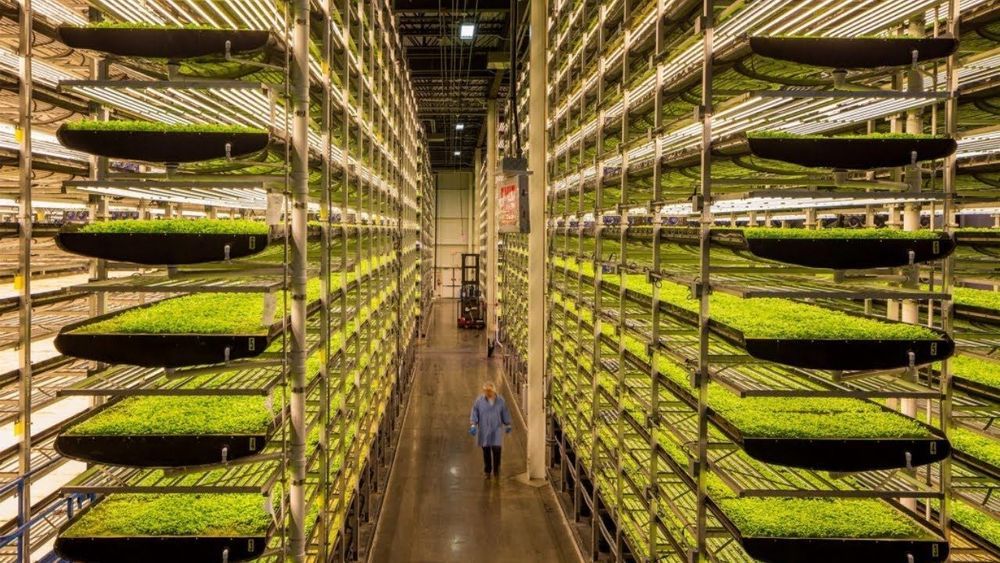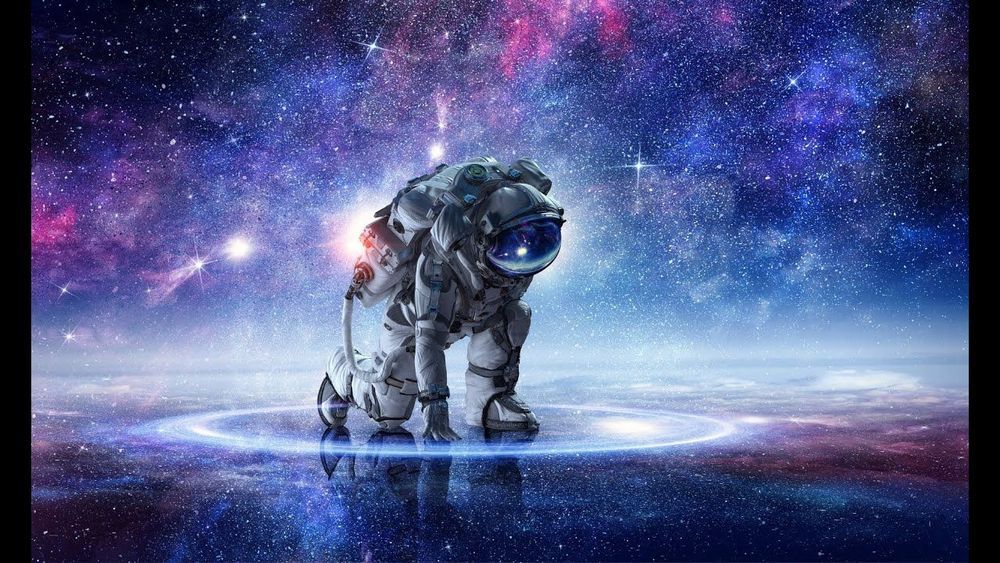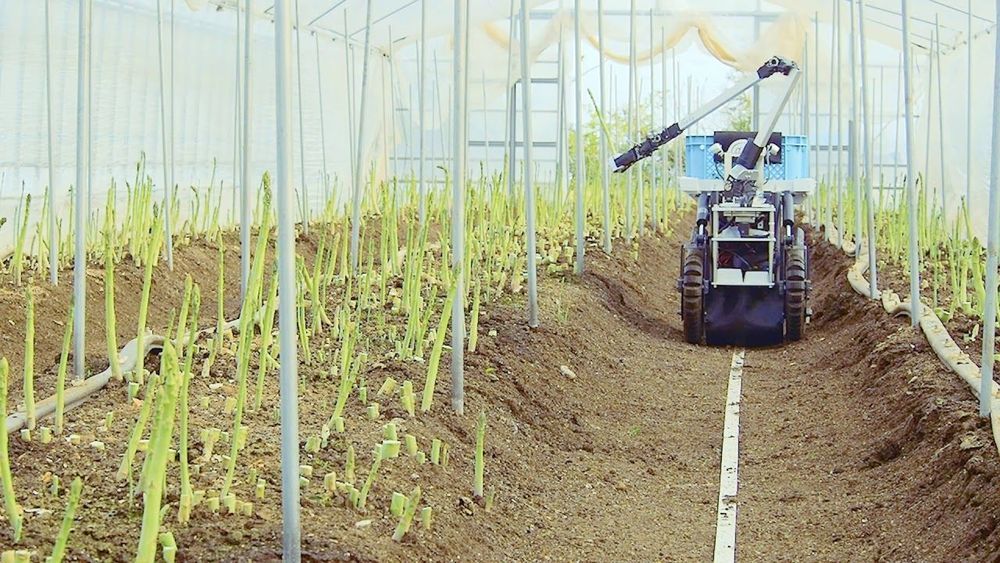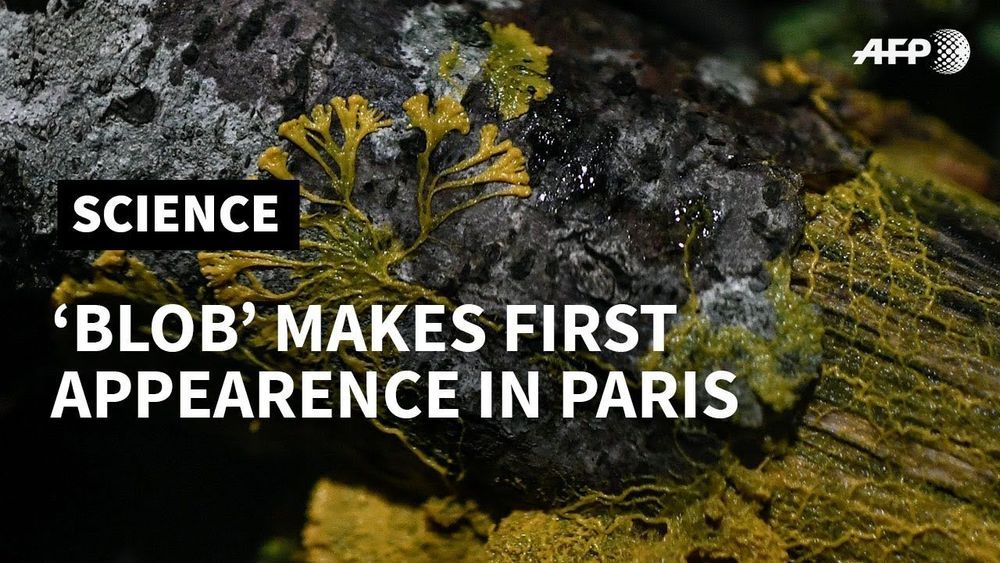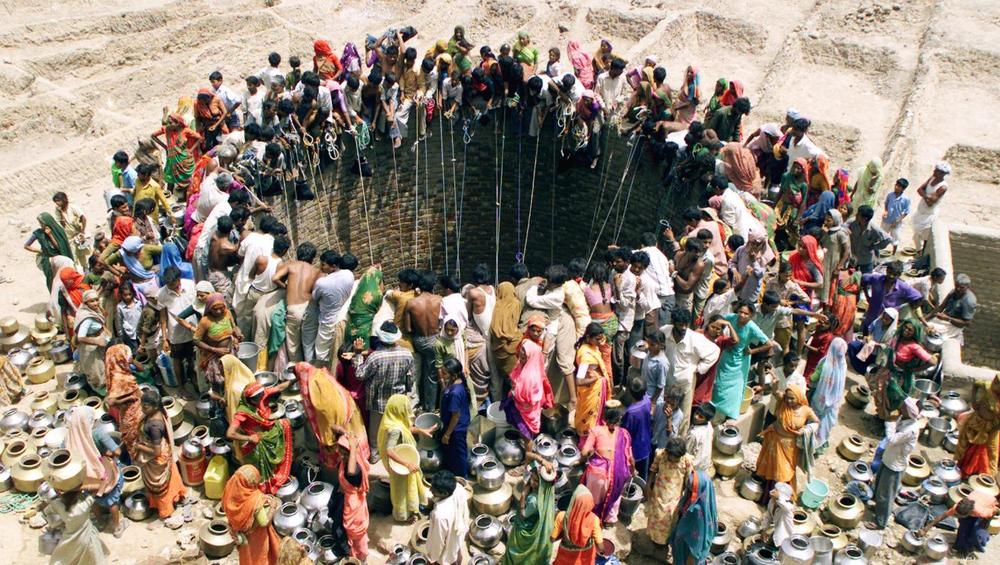
RS: The third world war is at our gate, and it will be about water, if we don’t do something about this crisis. These walks are to raise awareness—this year we covered 17 countries, and in nine of them there were displaced people. So many people in the Middle East and African countries are moving to places like Europe, in part because of water scarcity—after forced migration comes, tension, conflict, and terrorism. Where terrorism is active, there is usually a scarcity of water. Look at Syria—a long time ago, it had very good agriculture, but then Turkey built a dam that changed things. It’s a similar story with Libya. If we want a safe future, we need to start conserving water.
What role can regulation play in conservation? Do you think privatizing water is a good way to promote its efficient use?
RS: If we really think about legal changes, we have to first think about river rights, or the rights of nature, and only then about water rights for humans. This type of thinking doesn’t exist today but we need this kind of legal framework that assures that the land of the river is only for the river, that the flow of the river is kept clean, and that the river has greenery on both banks to prevent erosion and silting. Only with all these factors can we ensure that rivers are healthy and only then that we are healthy.
